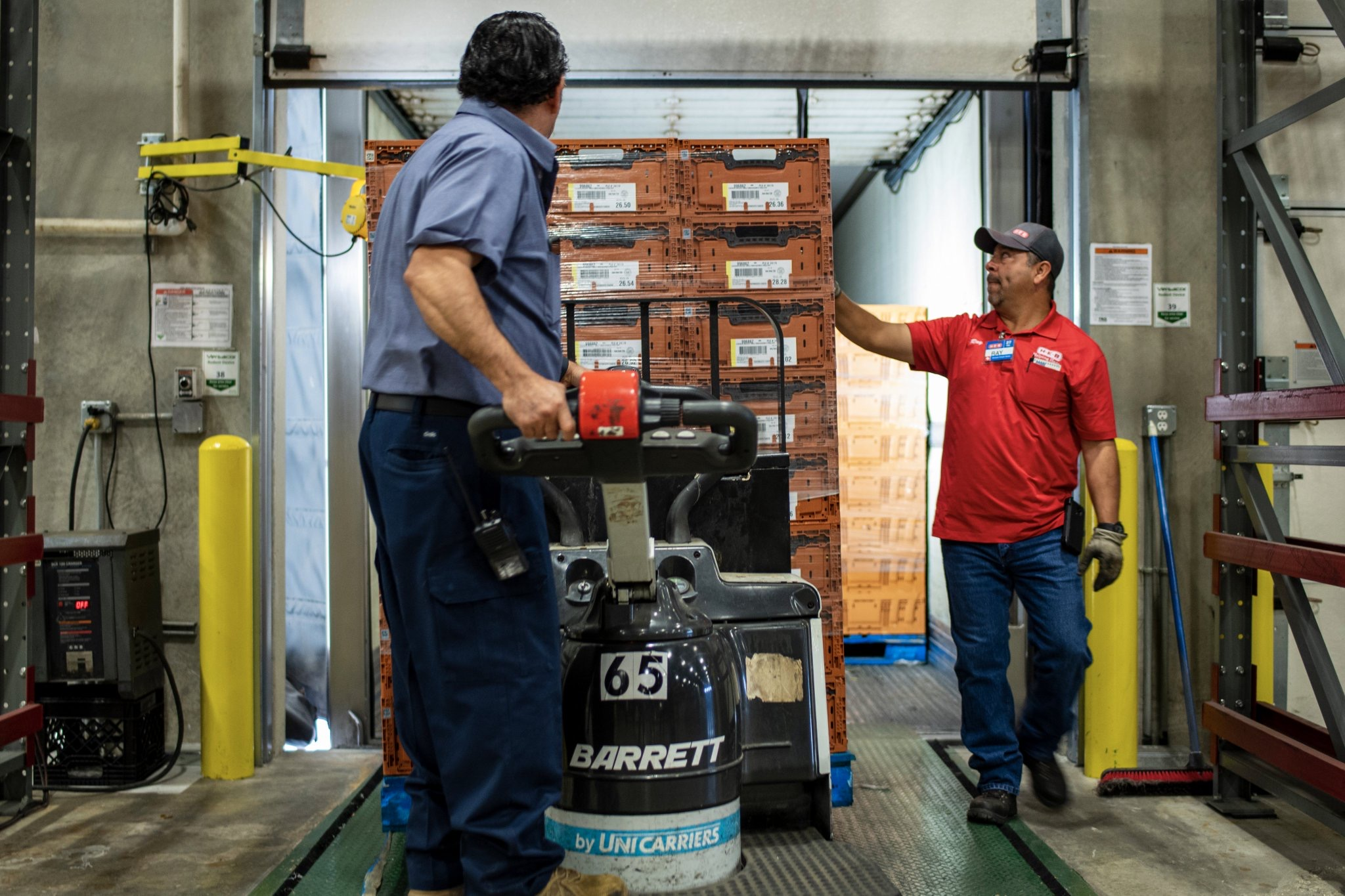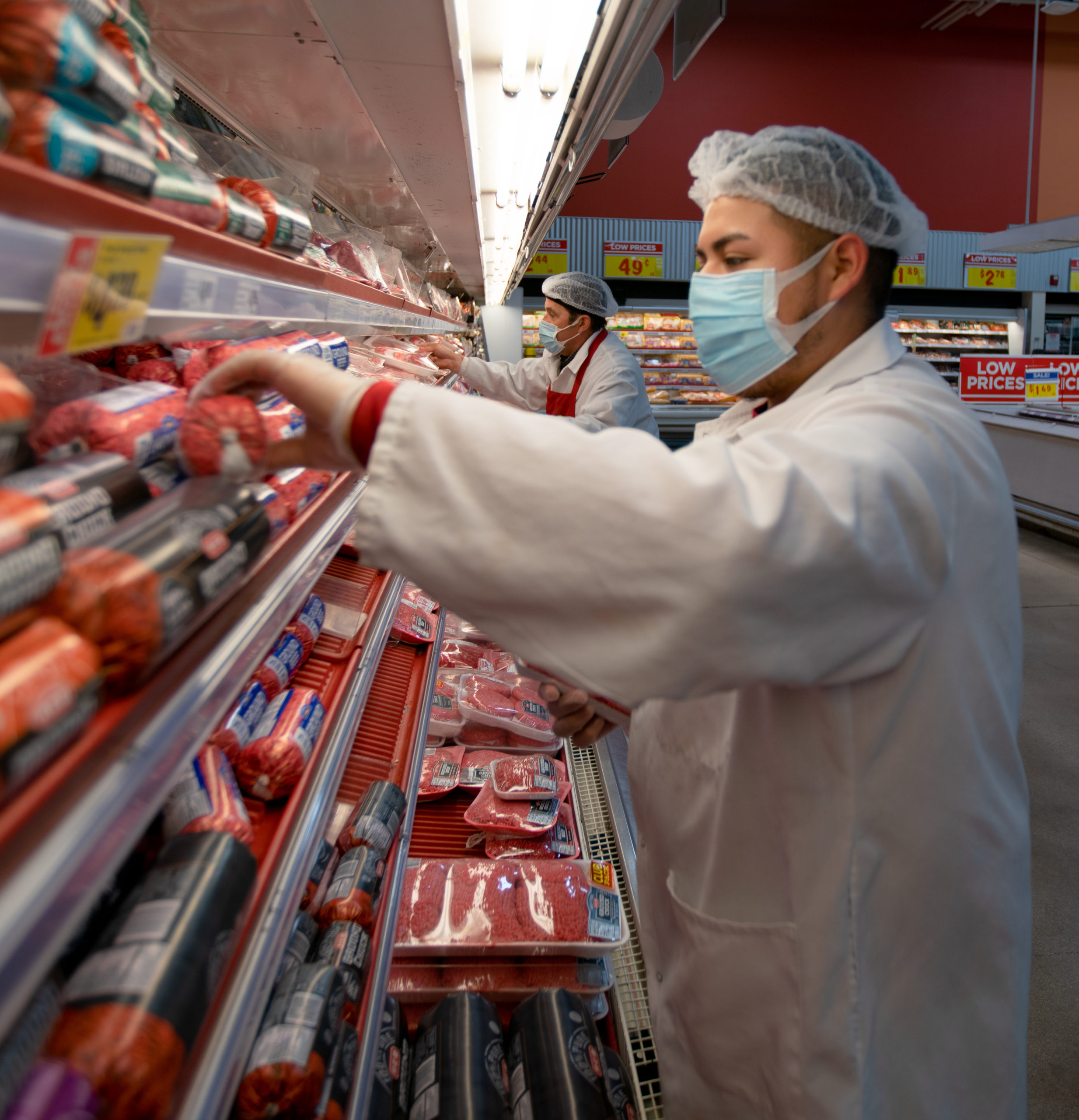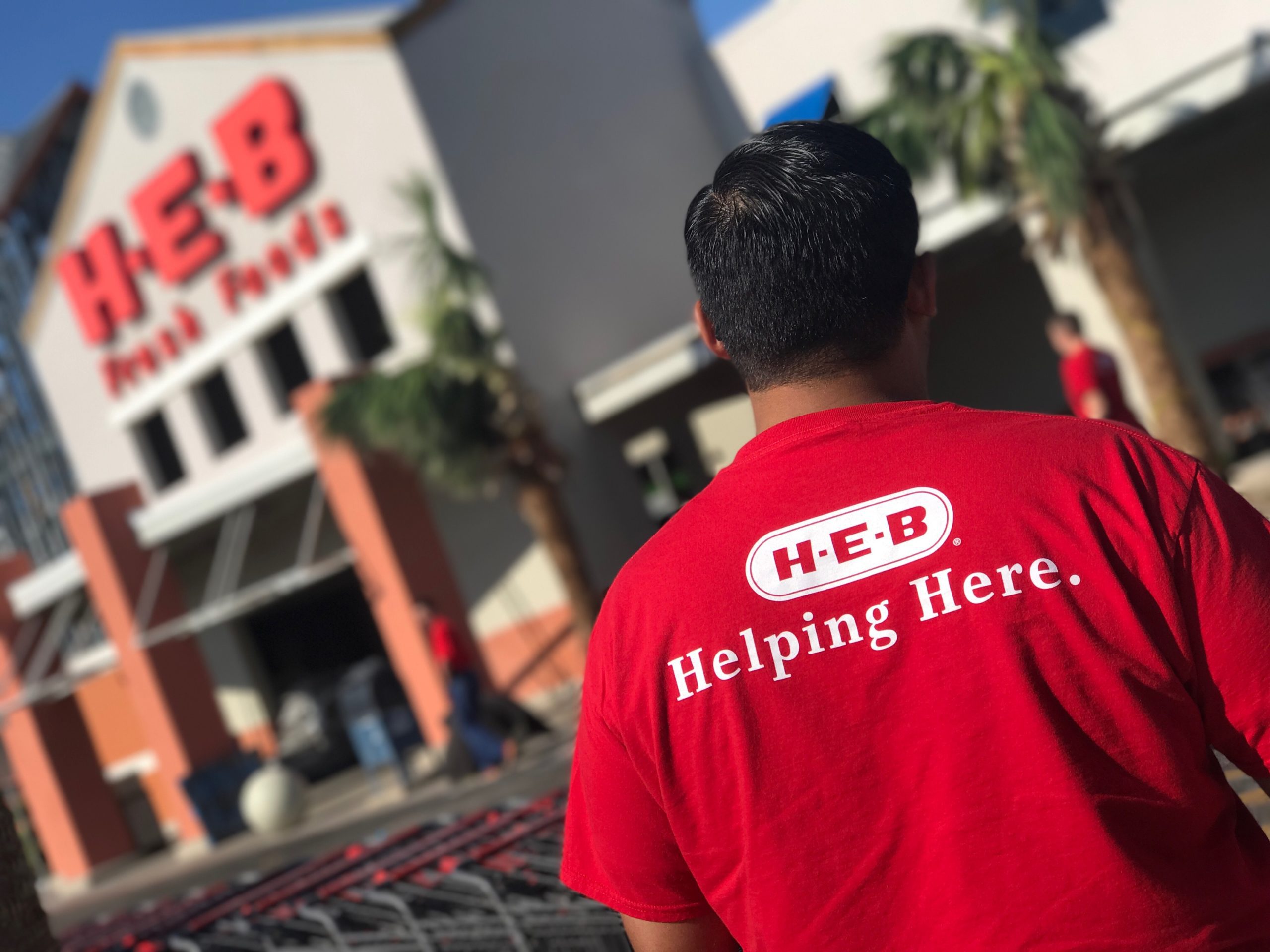H-E-B Began Preparing Its COVID-19 Response Before There Was A Single Confirmed Case In Texas.
Texas Grocery Store Chain H-E-B, named for founder Howard Edward Butt, has drawn praise for its fast-acting and comprehensive response to the coronavirus pandemic. The San Antonio-based company has implemented innovative safety protocols and procedures and has worked tirelessly to keep shelves stocked – even asking corporate employees to assist with re-stocking. But one of the most important components of the chain’s plan was how prepared it was. Its response stemmed, in part, from a more than decade-old plan, helping the company act swiftly and effectively, bringing new meaning to its “No Store Does More” slogan.

According to H-E-B Director of Emergency Preparedness, Justin Noakes, the grocer had worked on a “pandemic and influenza plan” in 2005 amid the threat of H5N1 in China–a plan it further developed and put into place during the 2009 H1N1 outbreak in the U.S. “We’ve continued to revise it, and it’s been a part of our preparedness plan at H-E-B ever since,” said Noakes. The company had also “begun developing a deeper understanding of the role it could play as an emergency responder in 2005, after Hurricane Rita struck southeast Texas,” according to TexasMonthly.

“We’re partnering with the beer distributors in Texas, for the first time ever, to deliver eggs to our stores. We’re seeing these types of businesses coming together in a powerful way to support each other, and it’s a wonderful thing,” said H-E-B President Craig Boyan. The retailer has also been able to avoid meat shortages that other U.S. grocery chains have recently faced by operating its own meatpacking facilities–ones that did not have a confirmed coronavirus case for nearly three months, according to TexasMonthly. The company began communicating with retailers and suppliers around the world as early as January to understand how the pandemic was impacting their stores, said Boyan.
In early February, Noakes and several department leaders were simulating a Texas Coronavirus outbreak and were preparing an appropriate response then, too. The company’s departments then got to work updating Noakes’ 2009 pandemic plan. The grocer’s personnel department focused on Chinese retailers’ response to employees who were falling ill to the virus, according to TexasMonthly. The company’s product team analyzed shifts in consumer behavior in Europe when people started self-quarantining, while the supply-chain team focused on keeping products stocked. The result has been an impressive plan that has kept employees and customers safe, while still matching increased consumer demand.
As U.S. cases of COVID began to swell in March, the retailer activated its San Antonio Emergency Operations Center (EOC). H-E-B’s EOC is a, “Collection of the most impacted areas of the company, and the leaders in those areas are brought together to make streamlined decisions and collaborate together on a daily basis,” Noakes said. In the same month, the grocer began implementing strict social distancing guidelines and crowd limiting measures, and innovated by partnering with other industries. These were steps that came, “days or even weeks before other large supermarket chains implemented similar measures,” according to TexasMonthly.

The retailer’s website features a comprehensive section of all that it is doing to protect its workers, customers, and how it has adapted to serve the community. Employees are provided with masks and gloves and given daily sanitation training. The grocer has issued permanent employee pay increases and guarantees paid leave for those with the virus. The chain requires all customers to wear masks and deep cleans all locations each day, among other safety measures. Additionally, the company has set purchasing limits and currently offers curbside and home delivery–options for high-risk individuals and those who are currently uncomfortable shopping in person.





